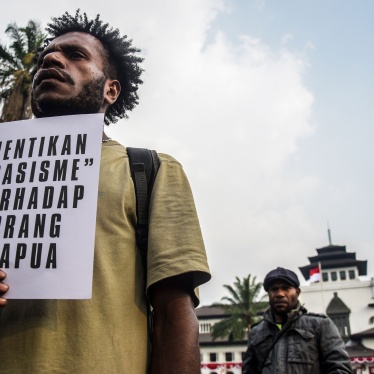If Pristina investigated the fate of more than 400 missing non-Albanians in Kosovo, it would prove it cared for all its citizens, regardless of ethnicity. When Carla Del Ponte’s book hit the media last month, coverage predictably highlighted her allegations concerning the possible trafficking of prisoners’ organs from a mysterious yellow house near the Albanian town of Burrel. While Serbian officials exaggerated the claims, officials in Pristina and Tirana called them a slanderous lie.
When Carla Del Ponte’s book hit the media last month, coverage predictably highlighted her allegations concerning the possible trafficking of prisoners’ organs from a mysterious yellow house near the Albanian town of Burrel. While Serbian officials exaggerated the claims, officials in Pristina and Tirana called them a slanderous lie.
The accusations and denials obscure a fundamental point. Whether or not it’s proven that a trade in human organs took place, no one denies that about 400 people – most of them Serbs – went missing in Kosovo after the war. They form part of about 2,000 persons still missing from the conflict, two-thirds of them Albanians. Now is the time for authorities in Belgrade, Pristina and Tirana to investigate fully what happened to these people and to hold those who violated the law to account.
I have seen some of the evidence Del Ponte cites in her book, plus additional information and documentation that Human Rights Watch collected and which corroborates what she said. The evidence from the house in Burrel – traces of blood and intravenous bags – is suggestive but incomplete and requires further investigation to determine what took place.
In contrast, the evidence of abductions in Kosovo and transfers to Albania is far more solid. We know the names, dates and places. So few bodies have been found in a small place like Kosovo, which is crawling with international investigators and police, and ransom demands are unknown. There are witnesses, too, who saw or participated in the organized transport of prisoners in trucks across the border into northern Albania. Seven different people, former KLA members, gave details to journalists about what they saw or did.
All of this took place after June 12, 1999, when NATO and UNMIK were active in Kosovo, and when NATO was in Albania too. These organizations share a responsibility to investigate what happened in areas under their control.
Above all, the Kosovo and Albanian authorities have a responsibility to investigate these alleged crimes. They can put Burrel aside and focus on how roughly 400 non-Albanians disappeared after the war, when no military justification can be discerned.
Eager for recognition, Kosovo can show that it is a place with functioning judicial institutions, where all residents can live, regardless of ethnicity. A serious investigation will demonstrate a commitment to the rule of law. Having just joined NATO, and being the first country to ratify the UN’s new convention against disappearances, Albania can showcase its respect for human rights.
The UN and EU missions in Kosovo must encourage the Kosovo authorities to do the right thing. For too long they have avoided challenging Kosovo’s Albanian leaders for fear of shaking Kosovo’s fragile stability. But Kosovo will never be stable so long as the issue of the missing remains, and criminals go free.
Above all, Washington must push Pristina and Tirana to conduct prompt and serious investigations and to prosecute anyone found to have violated the law. The powerful influence of the US embassies in Kosovo and Albania, especially of the US Charge d’Affaires in Pristina, Tina Kaidonow, is not in dispute.
Allowing crimes to go unpunished puts Kosovo’s stability at risk. So long as missing persons remain and serious allegations go uninvestigated, both sides will manipulate the issue for political gain. And the individuals who committed abductions and possible murder remain at large.
Any serious investigation must, of course, include the roughly 1,500 Kosovo Albanians who went missing during the war. Serbia can do much more to find out what happened to these people and prosecute those who killed civilians or systematically transported their bodies from Kosovo to Serbia in 1999. Holding accountable those who committed these crimes on all sides is essential to ensure a lasting peace.
Fred Abrahams is a senior emergencies researcher at Human Rights Watch. He covered human rights abuses and war crimes in Kosovo from 1995 to 2001. Balkan Insight is BIRN`s online publication.






